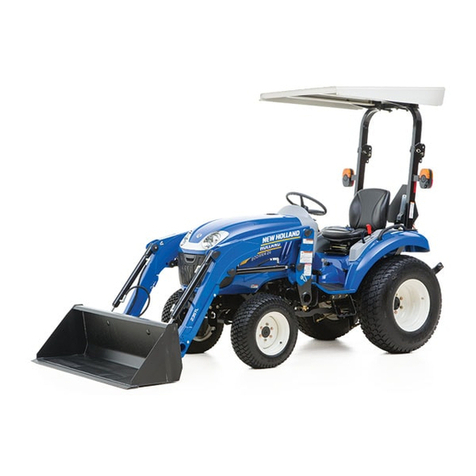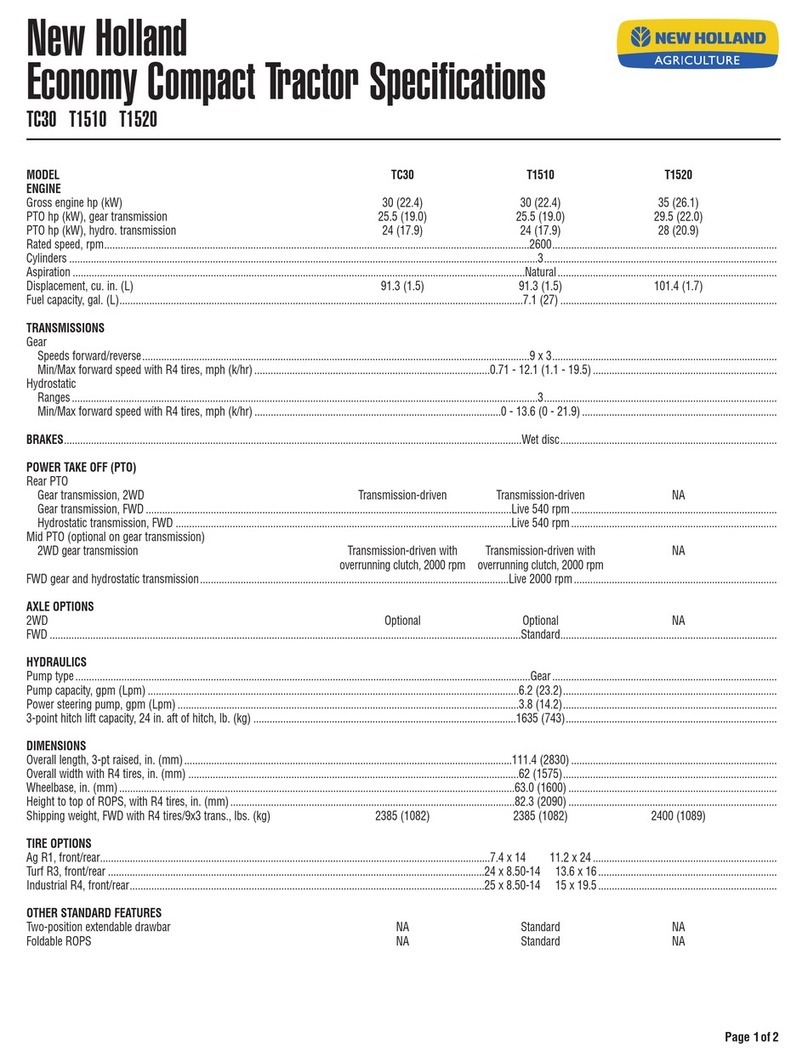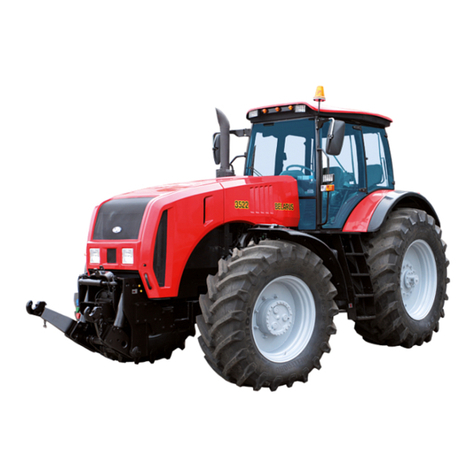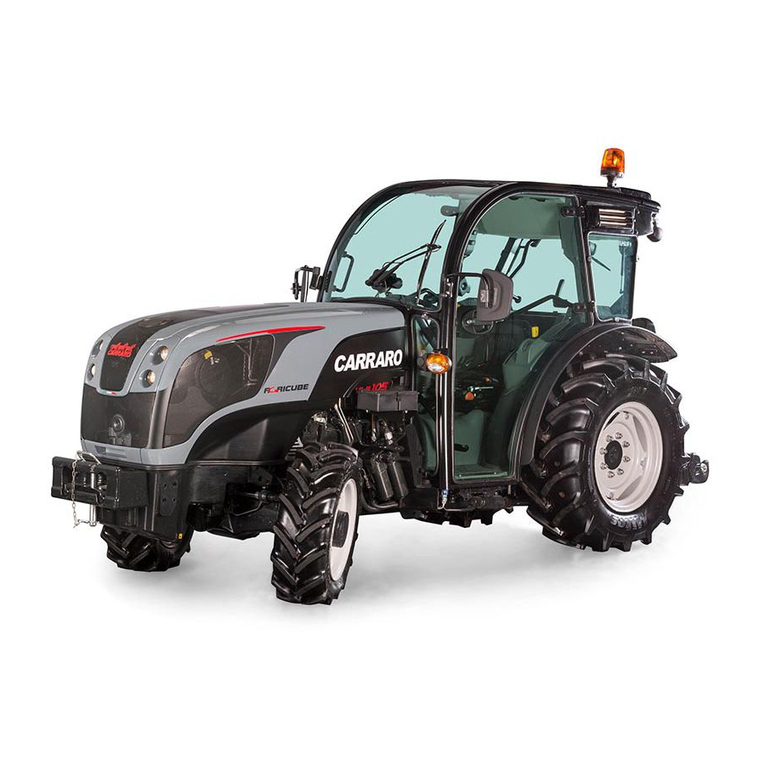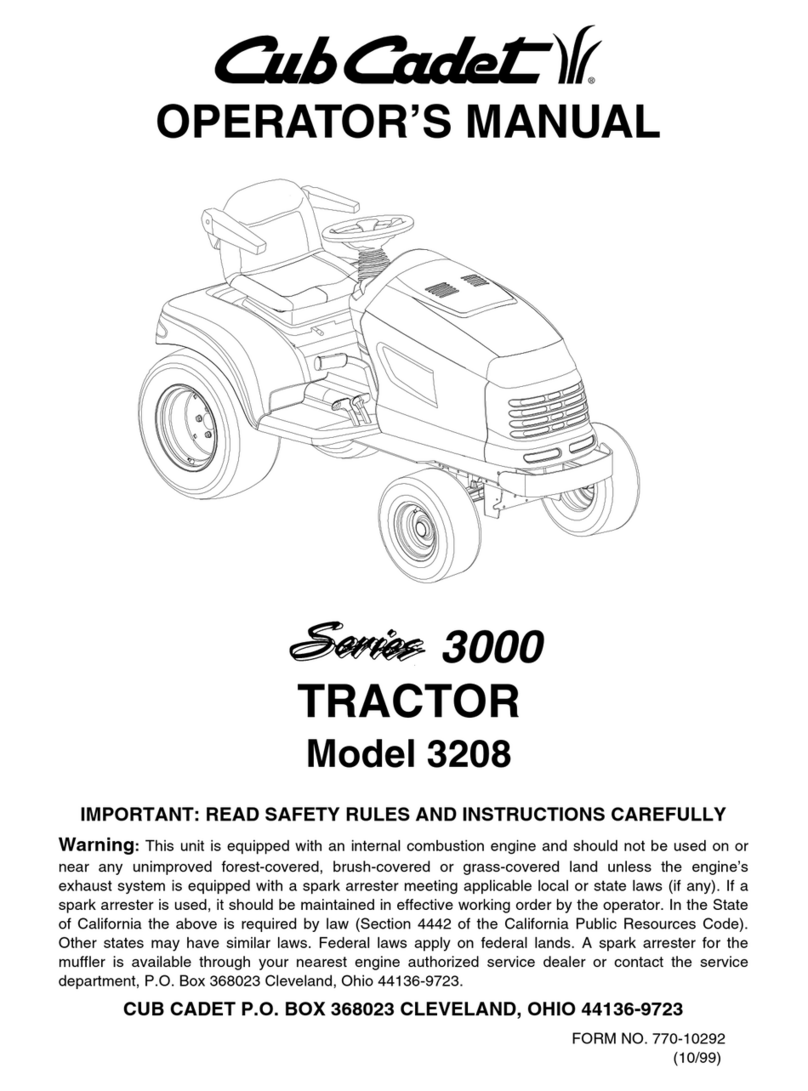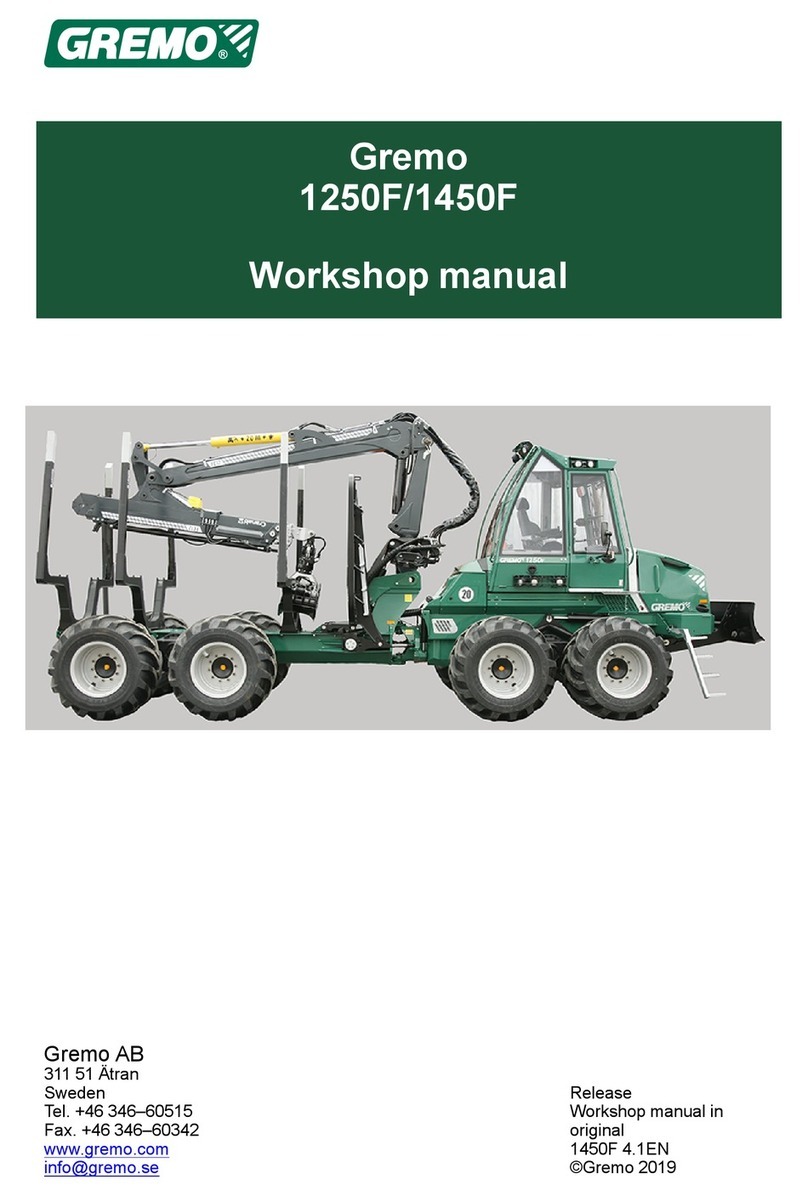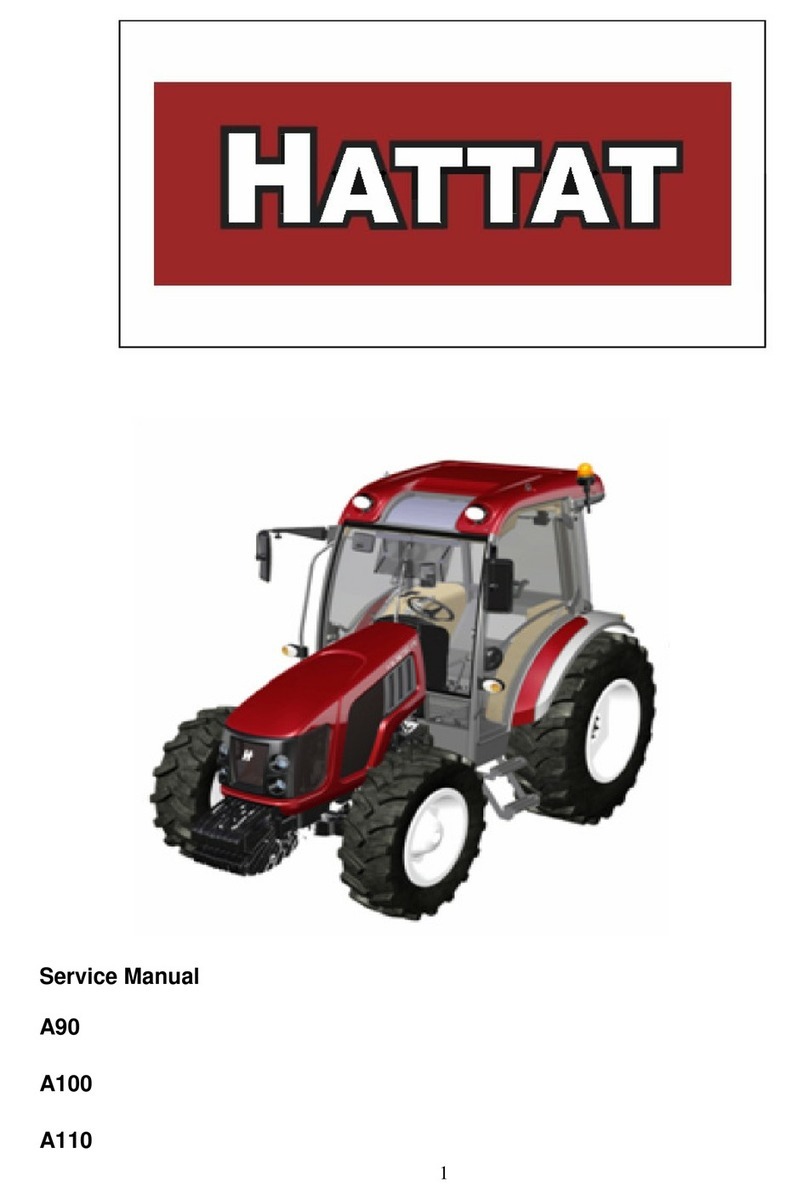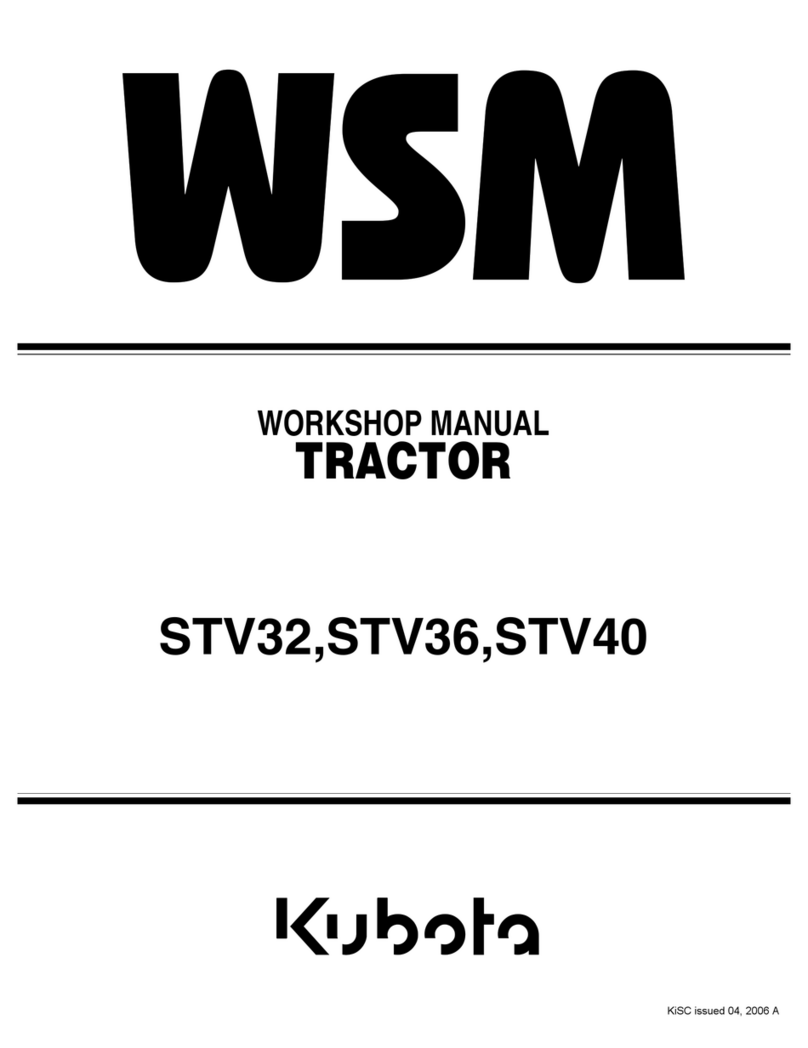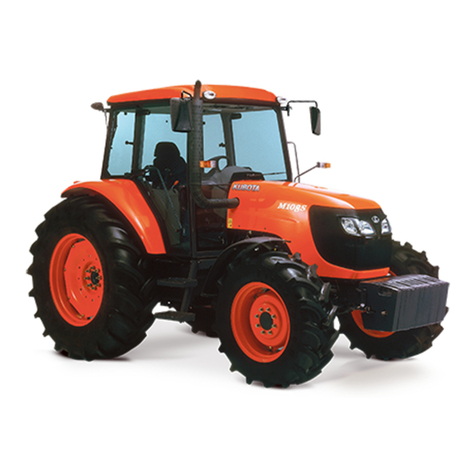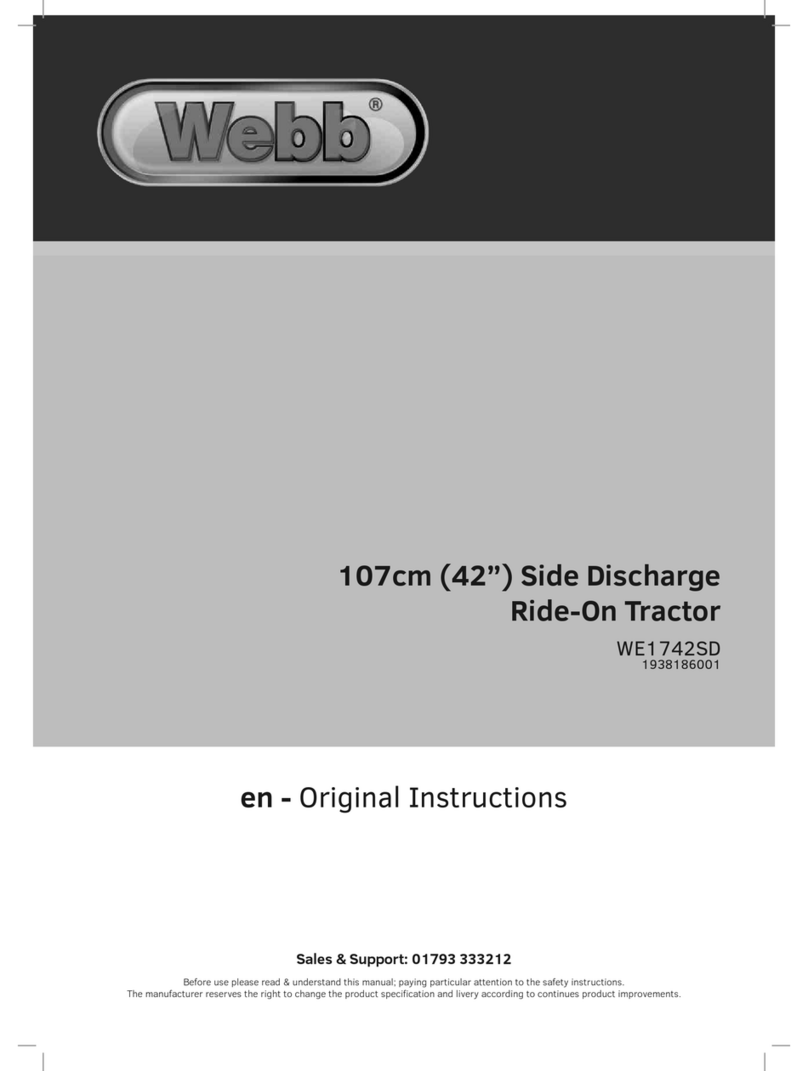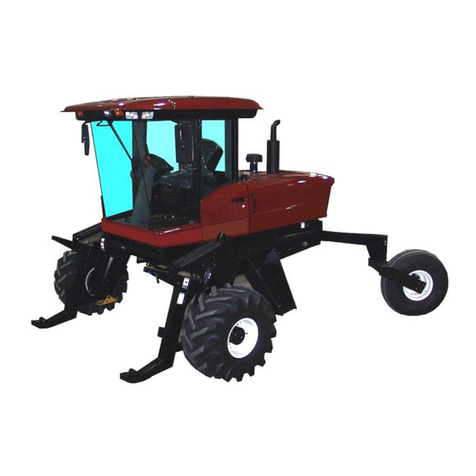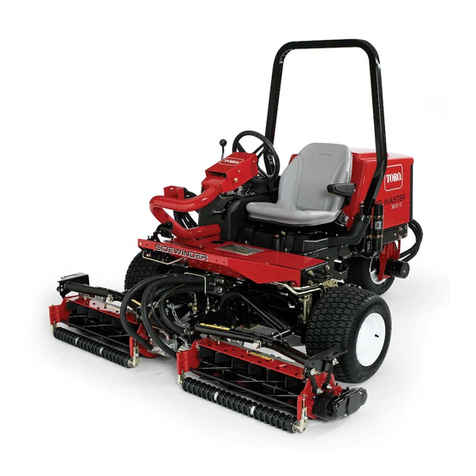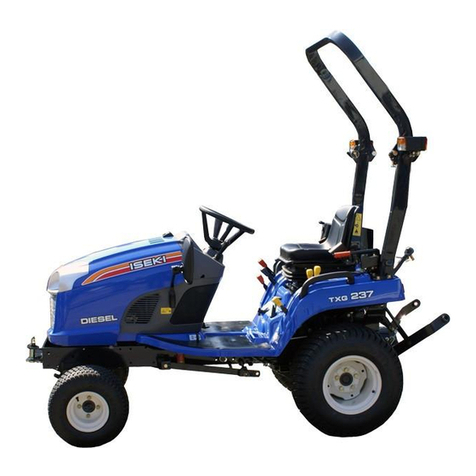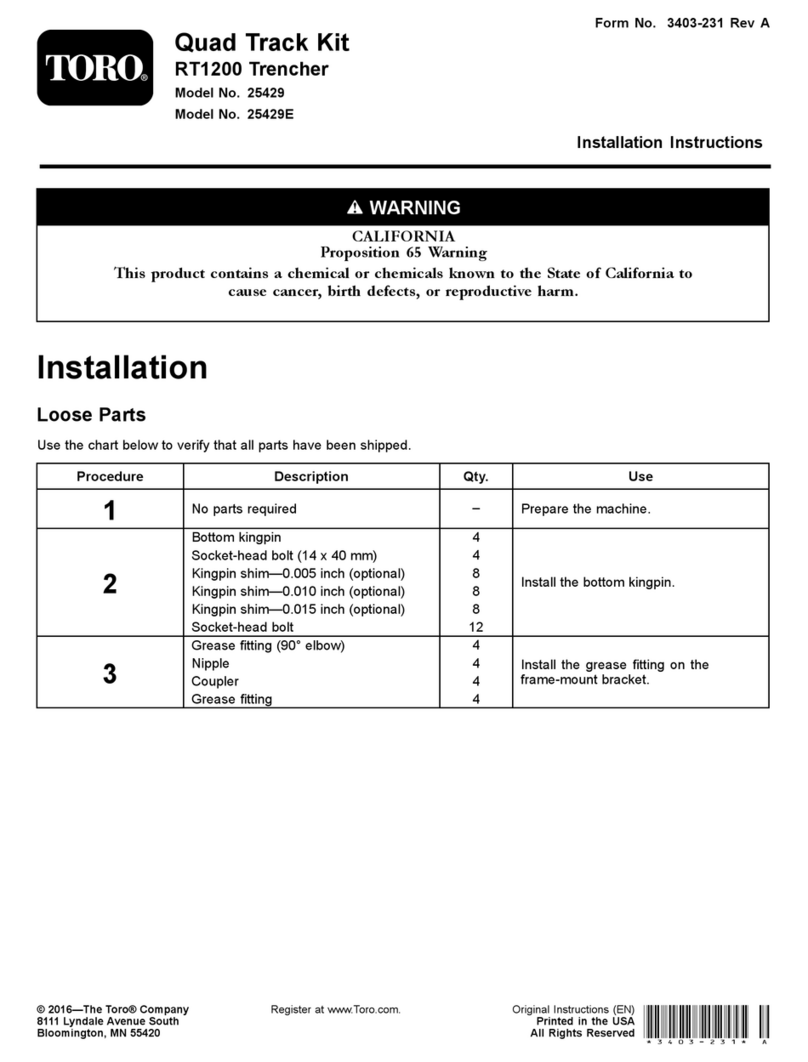New Holland T3010 User manual
Other New Holland Tractor manuals
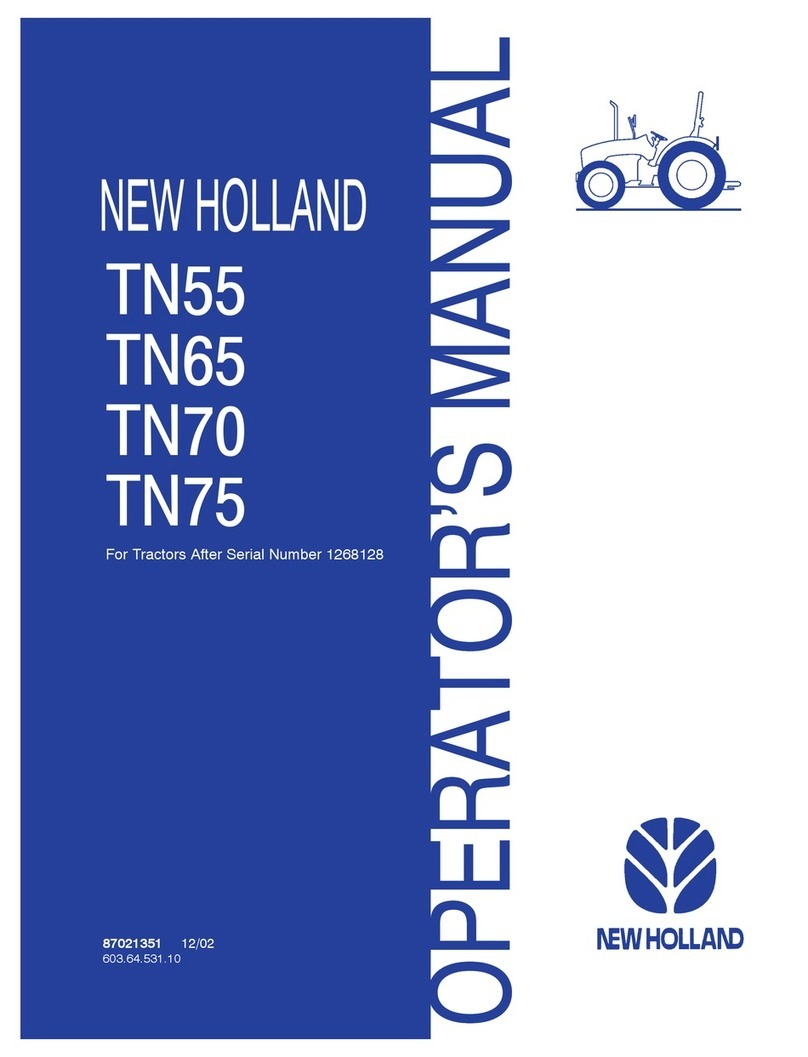
New Holland
New Holland TN55 TN65 TN70 TN75 User manual
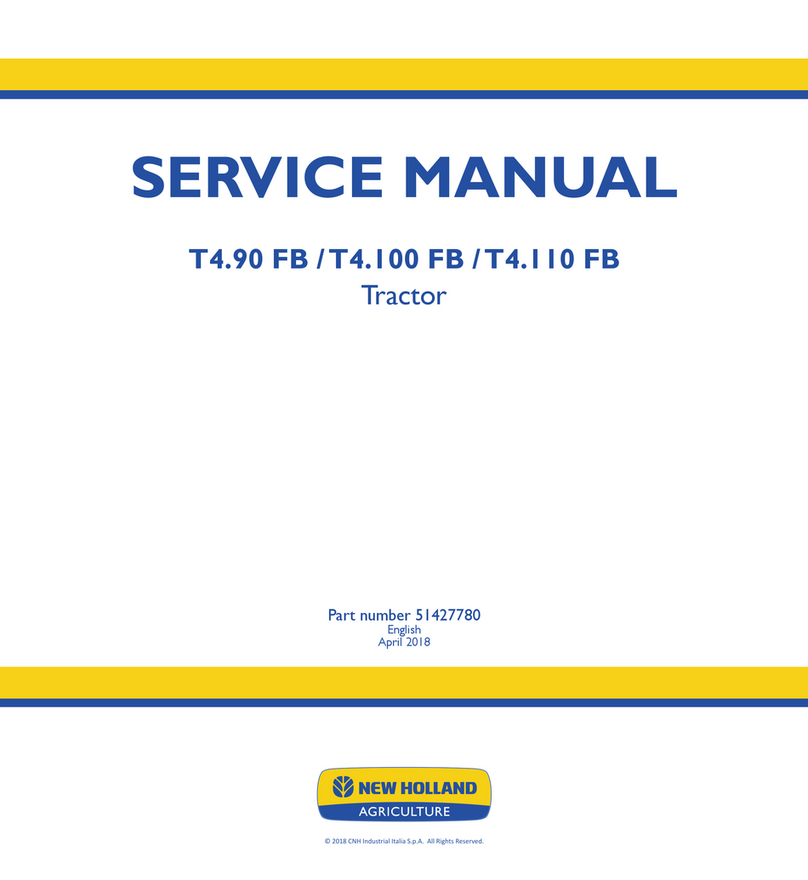
New Holland
New Holland T4.90 FB User manual
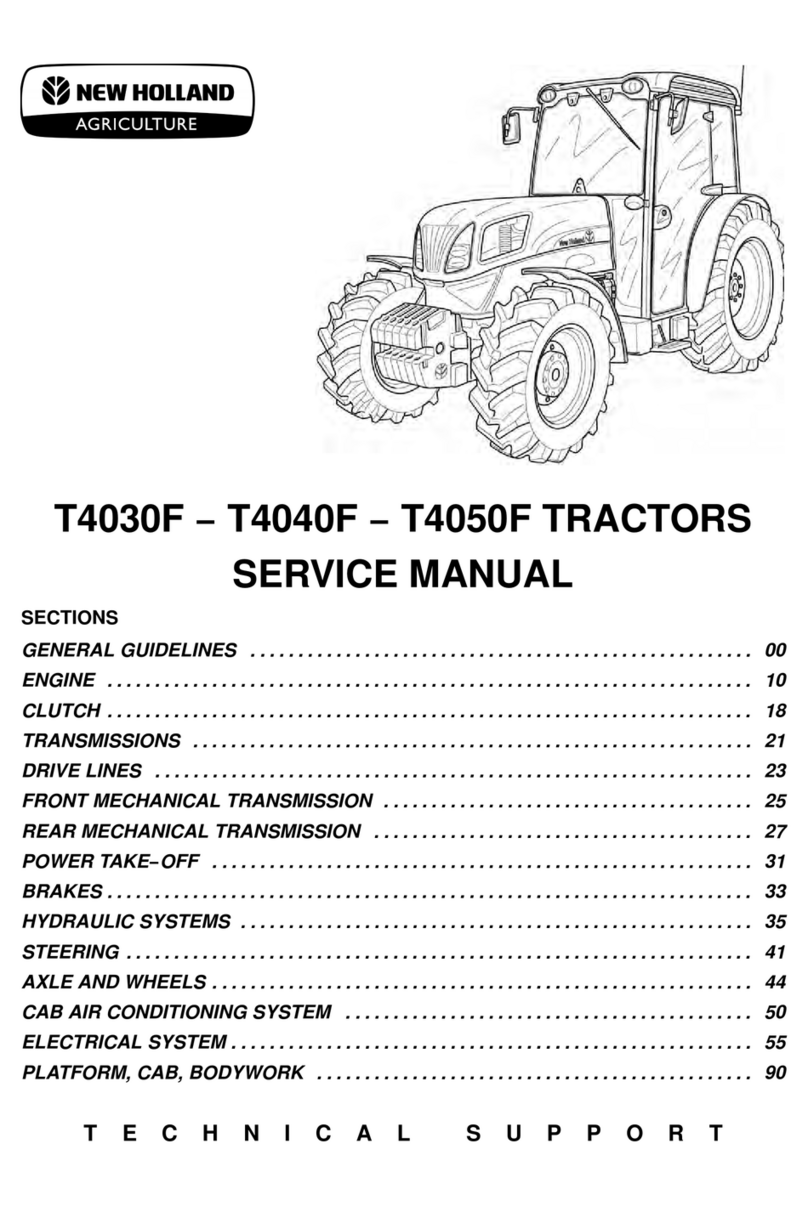
New Holland
New Holland T4030F User manual
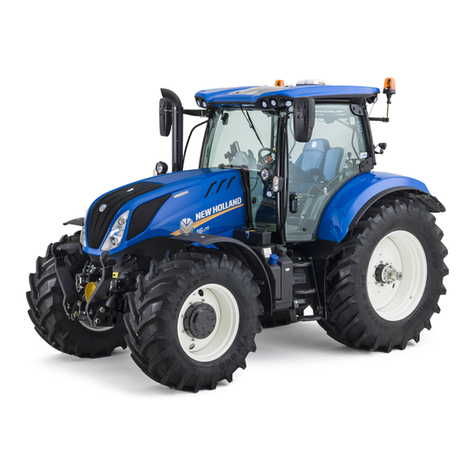
New Holland
New Holland T6.140 User manual
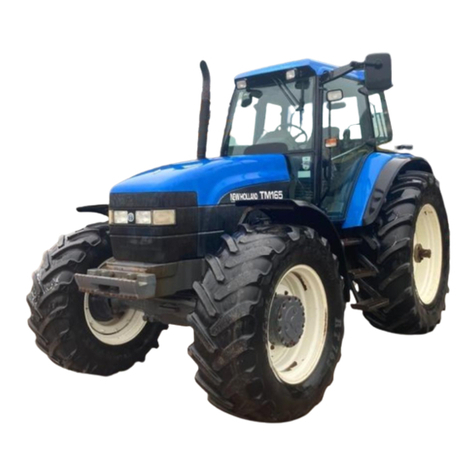
New Holland
New Holland TM115 User manual

New Holland
New Holland CR6.80 TIER 4B User manual

New Holland
New Holland TK4020 User manual
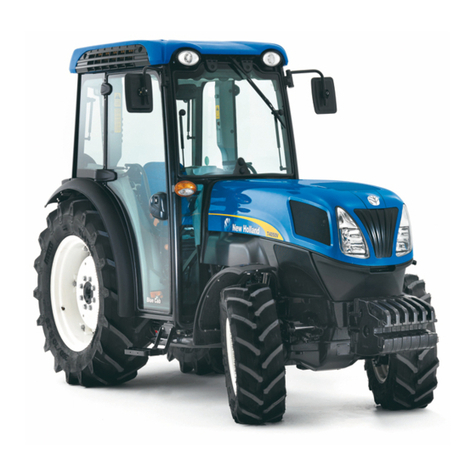
New Holland
New Holland T4020V User manual
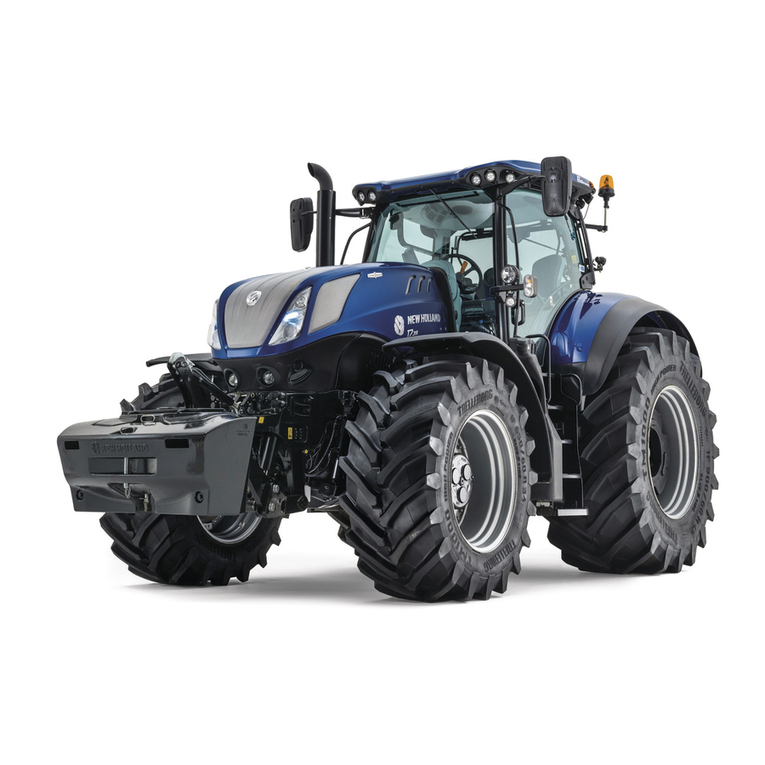
New Holland
New Holland T7.170 User manual

New Holland
New Holland T7.240 User manual
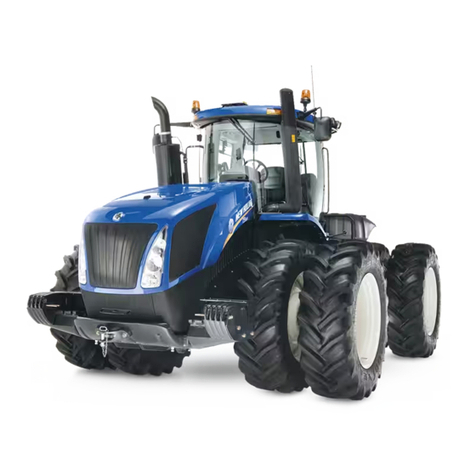
New Holland
New Holland T9.450 User manual

New Holland
New Holland Boomer 45 Tier 4B User manual
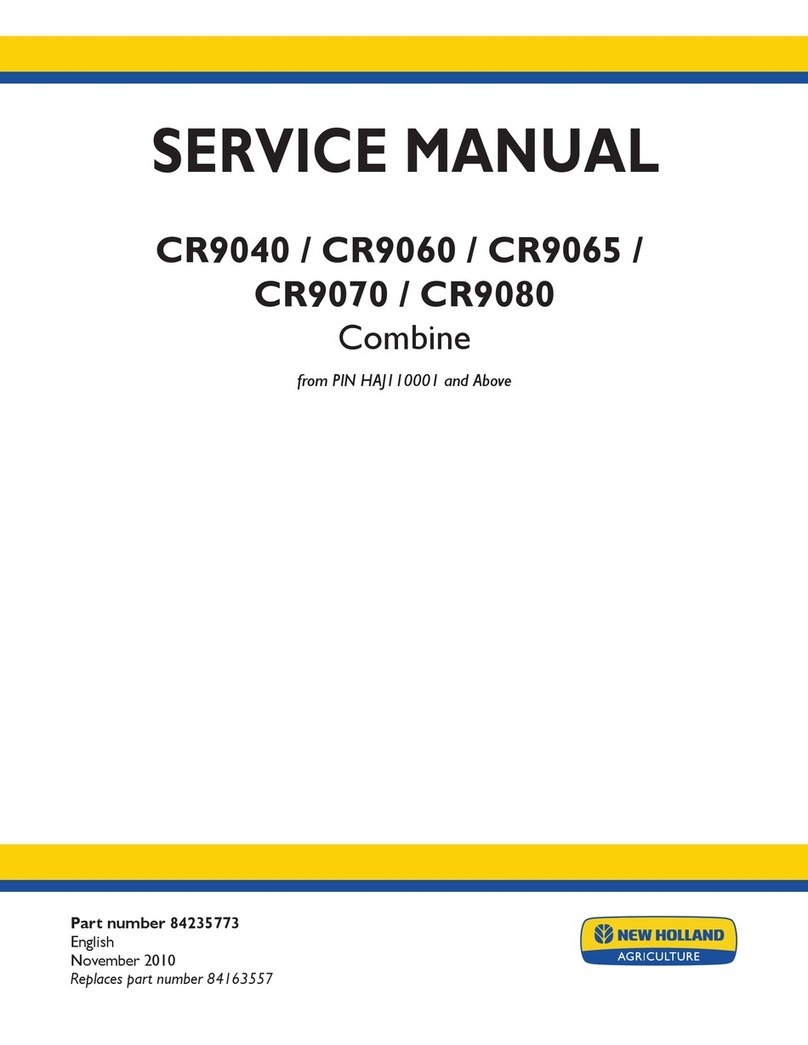
New Holland
New Holland Twin Rotor CR9040 User manual
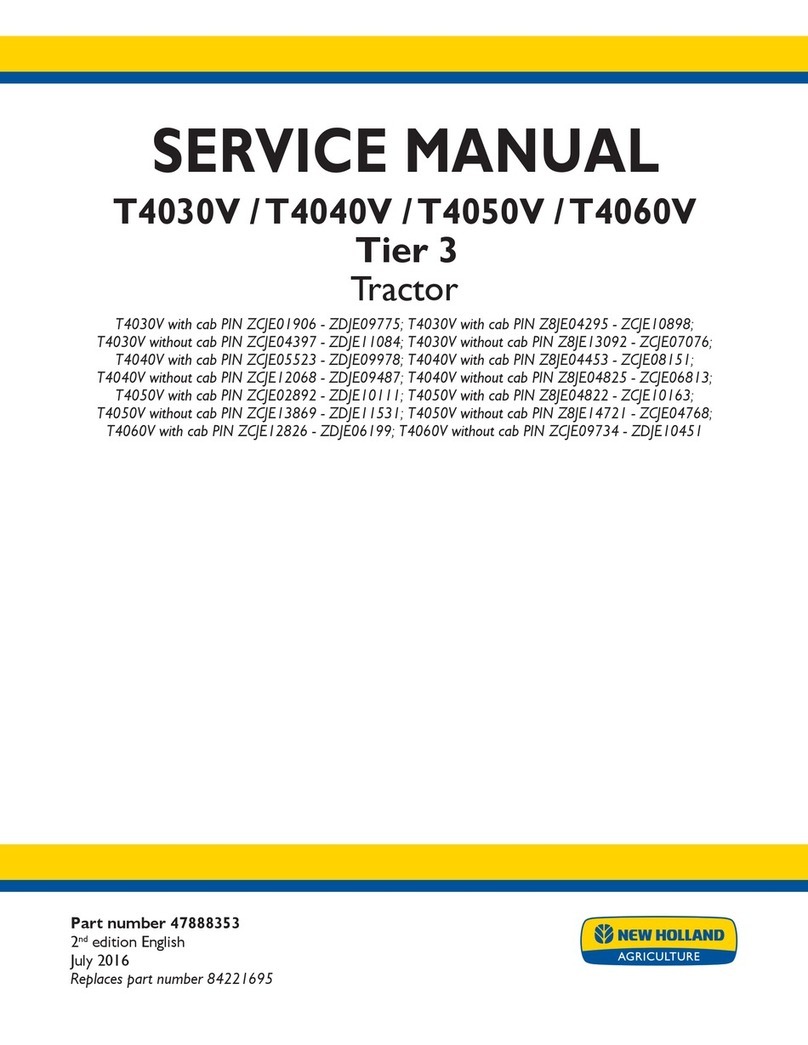
New Holland
New Holland ZCJE01906 User manual
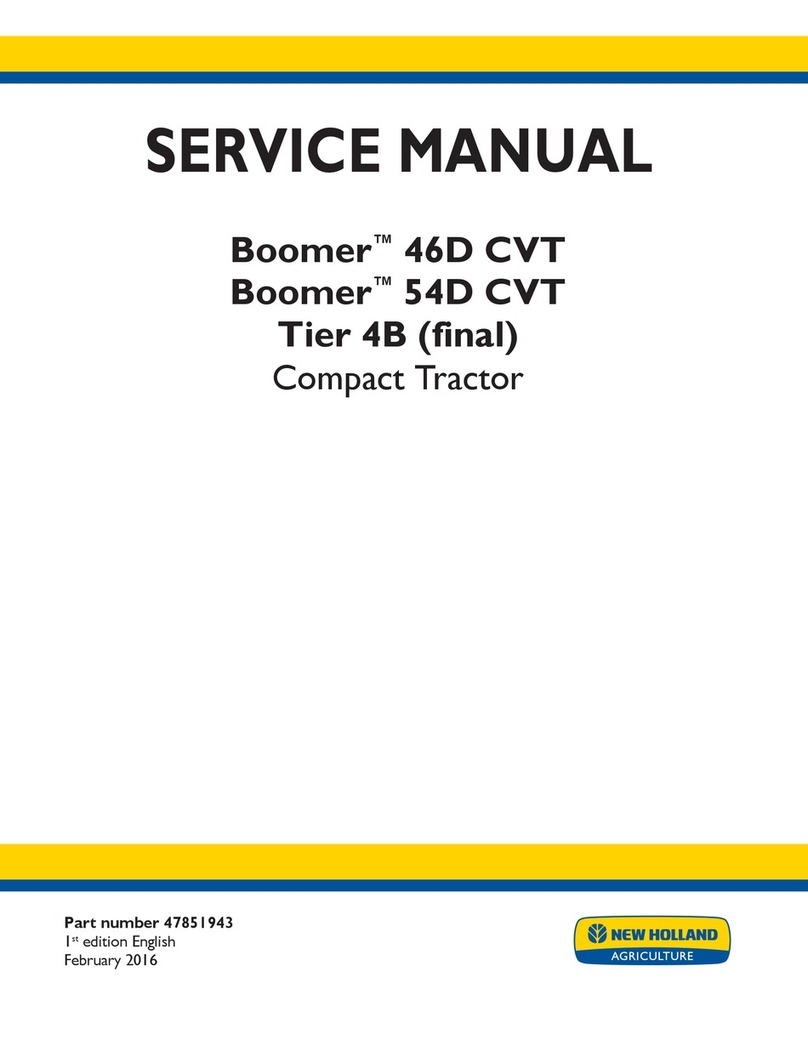
New Holland
New Holland Boomer 46D CVT Tier 4B User manual
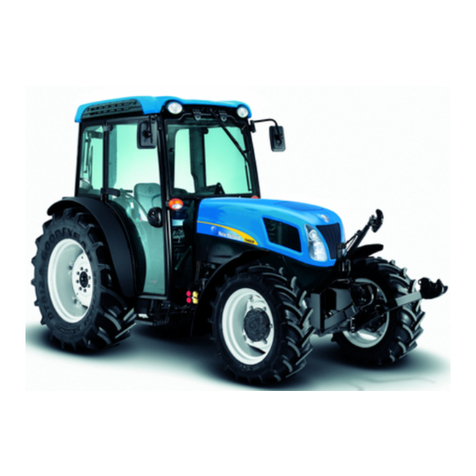
New Holland
New Holland T4O4O User manual

New Holland
New Holland Boomer 3040 User manual
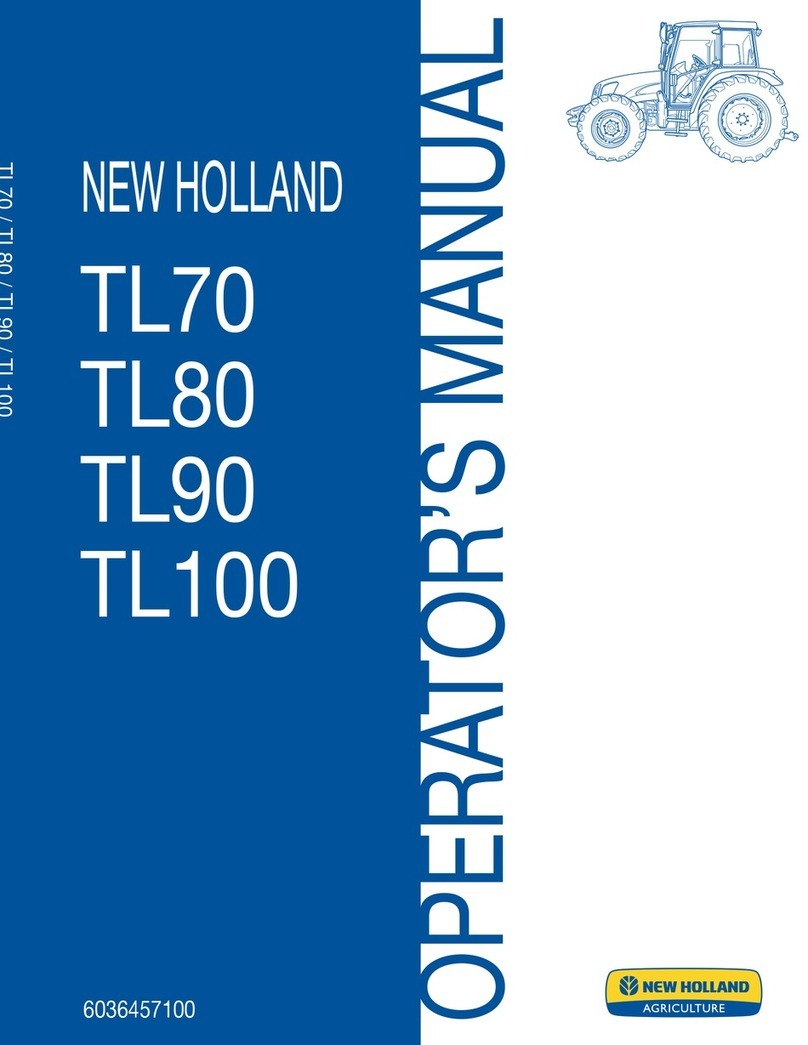
New Holland
New Holland TL70 User manual
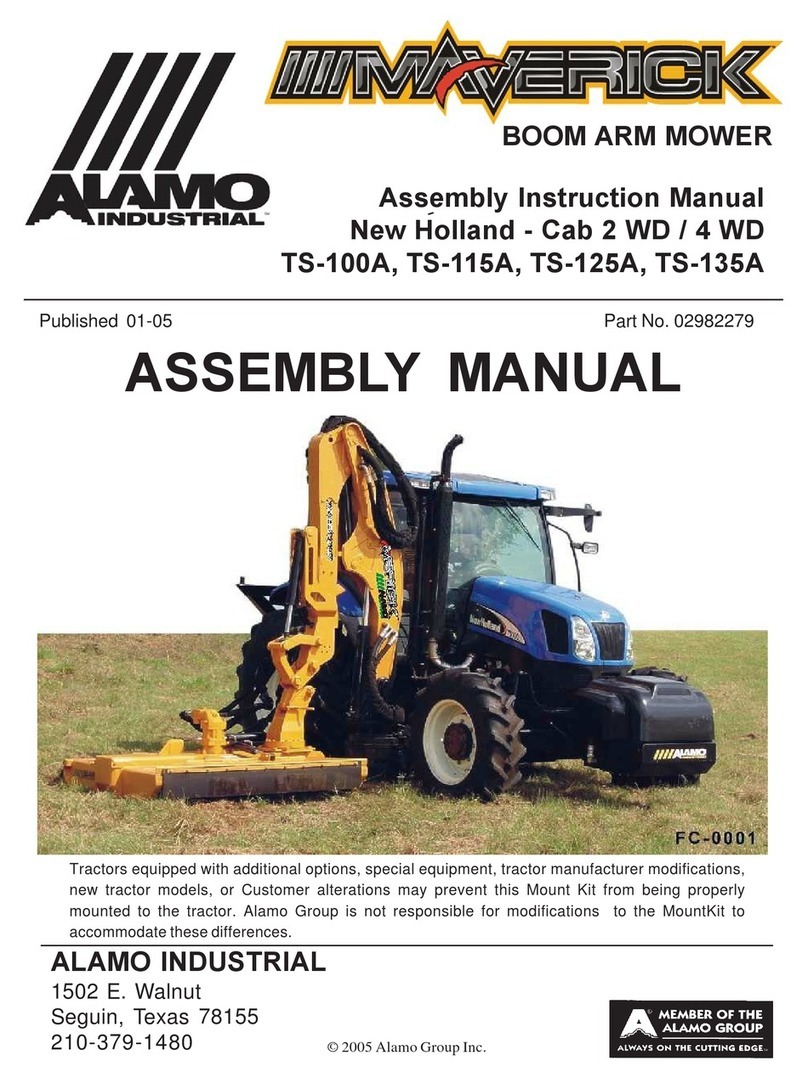
New Holland
New Holland TS-100A Installation guide

New Holland
New Holland T8010 User manual

